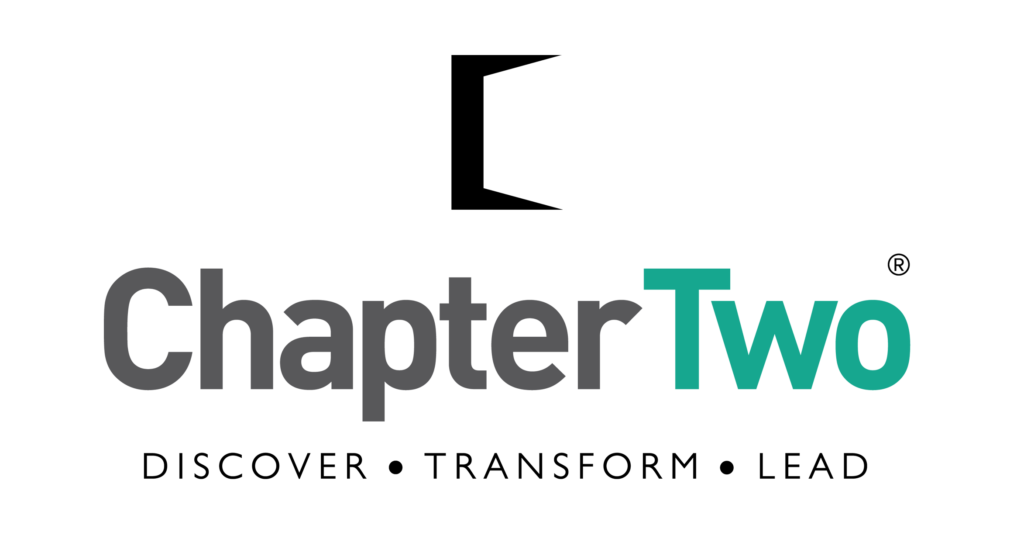Have you felt this before?
You walk into a party and get talking to a stranger. There is an instant connection. Somehow, even before you know anything about their past, you’re already on the road to becoming friends. You feel like you ‘get’ each other.
The opposite happens too; you meet someone who is outwardly cool and friendly but deep down you don’t like something about the person. And you can’t put a finger on it.
Or remember that time when you were on your way to a presentation and had a bad feeling about it? You did the prep but deep down you know something in your approach wasn’t right. You’ve had this ‘sinking’ feeling all week but you haven’t acted on it. Instead you’ve been rationalizing in your head that it’s all OK. And in the end the presentation indeed does NOT go well.
What is at play here? It’s called intuition. And it can be very powerful. But we don’t use it. Why?
Humans are great rationalists. We are gifted with analytical minds and we use them to good effect to weigh the pros and cons of a situation and make a ‘logical’ or ‘rational’ decision.
But the overwhelming power of our logical mind sometimes prevents us from listening to that inner voice, the voice that says, ‘Something is not right here’ or ‘This is good, explore it.’
This inner voice, this intuition can be very helpful in decision-making.
Why does it feel so strong? It’s due to the ‘thin-slicing’ power of our minds.
Thin–slicing is a term used in psychology to describe the human mind’s unique ability to find patterns in events based only on “thin slices,” or narrow windows of experience. The term was coined in 1992 by Nalini Ambady and Robert Rosenthal in a paper in the Psychological Bulletin.
Essentially, thin-slicing is the ability of our intelligent unconscious mind to perceive in just a few seconds what might have taken years of evaluation with our rational mind. It may come as a surprise to most people that 95% of our intelligence rests in the subconscious realm while just 5% lies in the conscious realm? What does that mean?
It means there is a powerful pre-cognitive power in our brain that is processing information and offering us recommendations without the intervention of our rational, conscious brain. We should be listening.
This concept of pre-cognition or intuitive decision-making has been covered extensively in books but perhaps the most popular version is Blink by Malcolm Gladwell.
In Blink we meet a series of pre-cognitive predictors: the psychologist who has learnt to predict the success of a marriage based on a few minutes of observing a couple; the tennis coach who knows when a player will double-fault even before the racket makes contact with the ball; the antiquities experts who can recognize a fake at a glance. And there are also failures owing to one’s inability or refusal to listen to intuition.
What Blink ultimately reveals is that great decision makers aren’t only the ones who process the most information or who spend the most time deliberating. They are the ones who have perfected the art of thin-slicing – filtering the very few factors that matter from an overwhelming number of variables.
Some of the best decisions that I have taken were on an impulse with minimum deliberation. But they turned out to be right. My intuition was correct. My pre-cognitive brain had done the processing without my knowledge and informed me that it was OK for me to proceed.
So what’s in it for you? The next time you make an important decision, listen to the inner voice. What is it saying? How does it make you feel? Excited? Negative? Hopeful? Pay attention to that subterranean emotion. It is the way that 95% portion of your brain is sharing its results with you.
Pay attention to it over time and you start to learn the art of intuitive or pre-cognitive decision making. It can be accurate. And it can save you a lot of time.
Steve Jobs put it well: ‘Have the courage to follow your heart and intuition. They somehow already know what you truly want to become.’
About the Author:
Sandhya Reddy is a leadership & transformation coach based in Bangalore, India. She is the Founder and Principal Coach at Chapter Two Coaching, a coaching consultancy that enables everyone from CEOs to work-from-home parents to achieve their goals by replacing self-imposed limitations with enabling stories.
Many of us in our thirties experience a disquieting realization: what brought us to middle-management may not take us to senior-management. This is true. To chart a new career path, one needs to think and do things differently. This is where Sandhya can help. She is a coach. Life coaching, executive coaching, business coaching, personality development, leadership coaching… they are all part of her forte. Her Executive coaching programs helps tomorrow’s leaders set new goals, make new plans to achieve those goals, get that elusive promotion through a blend of knowledge, action and image-building, enhance influence among the leadership team, be more productive, get more out of one’s team, and be known in the company as an indispensable performer and future leader.
Follow Sandhya Reddy on Twitter @sandhyareddy
